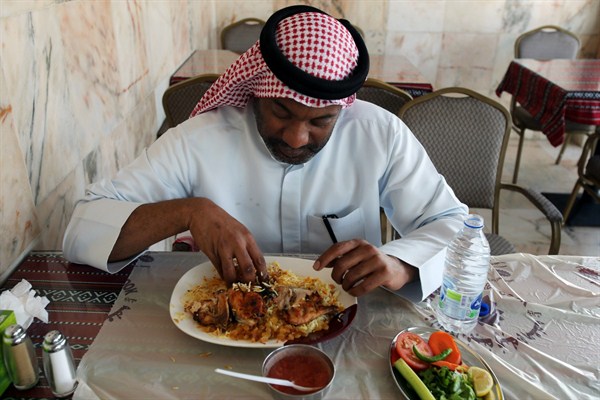Editor’s note: This article is part of an ongoing series on food security around the world.
Ensuring an adequate and balanced food supply has never been easy for Gulf Arab nations, which are both extremely water-scarce and reliant on food imports. The situation will only get more difficult in the coming decades, as climate change threatens global agricultural production and energy demand shifts away from fossil fuels—the Gulf region’s primary export. In an interview with WPR, Eckart Woertz, a senior research fellow at the Barcelona Center for International Affairs and author of “Oil for Food: The Global Food Crisis and the Middle East,” explains what countries in the region must do to continue feeding their growing populations.
World Politics Review: What are some of the primary challenges faced by Gulf Arab states in guaranteeing their food security, and how have they successfully overcome those challenges?

